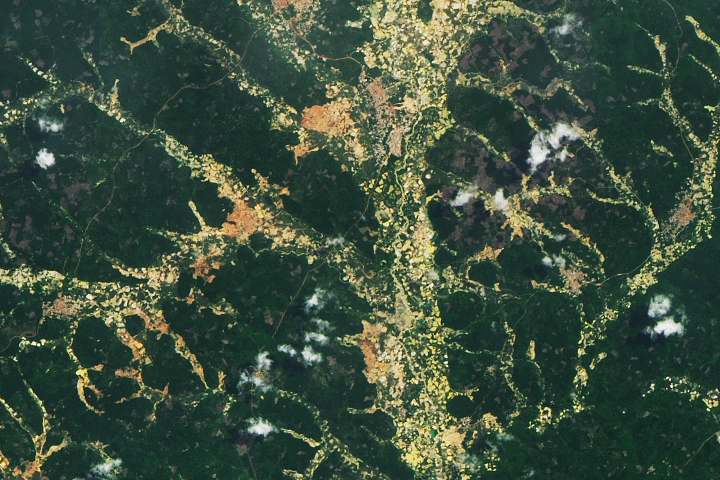The mining of minerals, especially coal, has always had a strong hold in the hearts of people. The word ‘miner’ is the operative word here. These people worked actively for hours at finding veins of coal, or sand, or other minerals.
In ancient days, mining was considered a highly skilled trade in west Africa. The activities have slowly crept in across the continent, and today, mining is undertaken on small farms and in crowded accommodation units, where space is at a premium.
Kirma Cres, a graduate and a lecturer in mining education at Kwame Nkrumah University of Science and Technology (KNUST), Kumasi, says that information and knowledge about the causes of the explosion and the subsequent disaster, and the technology that was used to contain it, are crucial to understanding what happened and how it could have been prevented. She says that such information will help to protect other workers and prevent future disasters.
Mining experts also say that the way in which the dirt and rock was accumulated and stored could also have played a part in generating massive damage in the vicinity of Kirma Cres. These include the accumulation, during several years, of debris and sludge, which is often found on the slopes of mount Bonneville.
Several aftershocks were recorded, and buildings along the ridge were literally ‘wedged’ by the falling rock. The reported magnitude of the quake was multiplied by three when the aftershocks continued for several weeks. Among the buildings destroyed were the Ming and chatting Sharpsite Clock, the oldest minted currency in Ghana, dating from 1795. The clock was built on the summit of the hill Banro, and its mechanism was simple: a weight was attached to a bunch of beads, the latter being weighted down by sand bags under the platform.Rubbish bins in the centre of the town were uncapped, and human remains were found in and around them, even after the archives had been ransacked and sorted.
In the aftermath of the earthquake the country was quiet: it was not until noon on 23 November that the news of the disaster spread across the length and breadth of the country.Shocked and mourning, people travelled to Kumasi to help with the recovery: it was not until the following day, when the first news of the disaster got to the London office of the Kwame Nkrumah University of Science and Technology (KNUST), Kumasi, that the full horror of the situation became known.
The subject was discussed at length in the next day’s papers, and on the following week’s programmes: not one person was prepared to talk about the disaster, or even to suggest any changes to the way the country rebuilds after earthquakes. It was noted that many of the houses in the street along the university campus were destroyed. Assistant Professor Ross was appointed to take possession of the site, and to oversee the reconstruction of the destroyed houses.
Students from Kumasi began to travel to Warwick in considerable numbers: thirteen in all, some by train and some by car. Another five trainsload of students arrived in Sotherham by Airline, and another three by road. Yet another trainload of students arrived at the port in order to return to Ghana, and another three tanks of petrol arrived at Kousseendorf.
Dibaca juga : How to Tighten Up Your Poker Game
All the students were enthusiastic and glad to see each other, telling each other stories of their experiences on their way to England. It was said that the road from KNUST to the university was a twenty-five mile trek on bad roads, and that half the students had left thewo students in their cars, half in pmontiple.
At about four o’clock, after a longest day’s travel, we reached the hotel where I was staying, and the translator who had accompanied me, Mr. A.W. Evans, appeared shortly afterwards. All were very tired and hungry, but happy to see each other. Even the angry rival tribesmen had come to greet us, and wanted to speak to me.
That night, after a much-needed night’s sleep, I dreamed that I was back in my hotel room in Kumasi, awaiting the first calls from the professor. The bell rang at 6 A.M. sharply. I must have crawled out of bed at 7, for I was faced with the comprehensible reality of existence: there are more important things to do, and there is much to be done, and Professor Evans had to get up and go away to his study. But already I was half-way up the stairs and into my study when I heard the Practical Examination Board lit at 7:8 A.M. For those who are interested, the answer to “what” is None of the above. I still have no idea why Evans got up and went, but thought let’s hope it was to the library.
